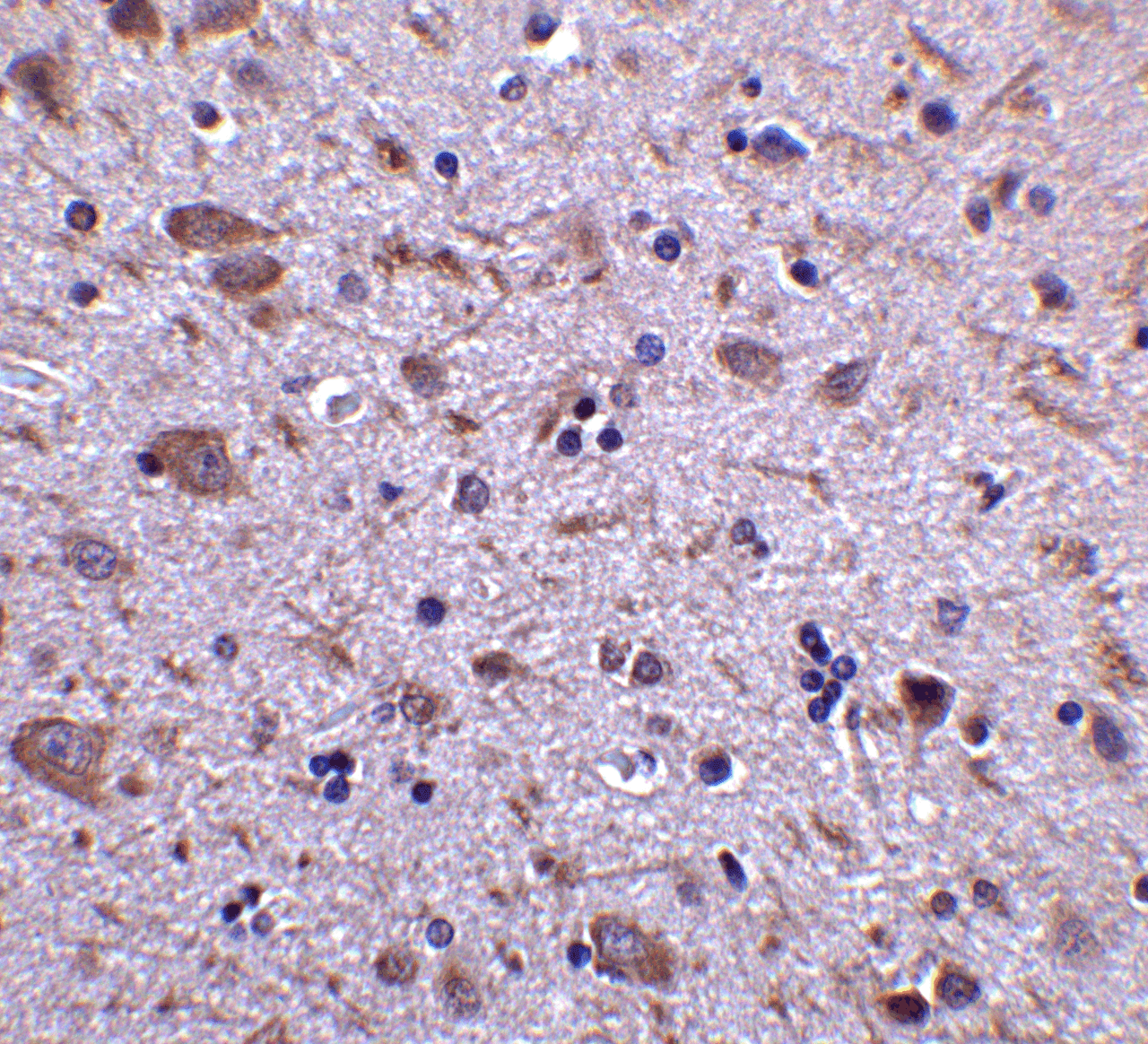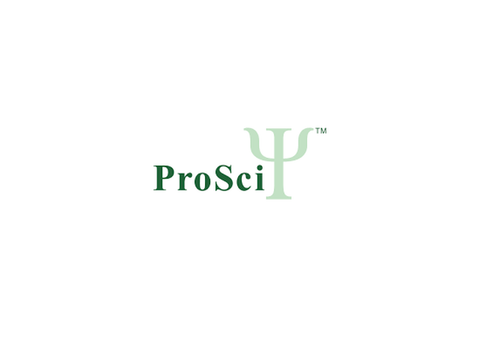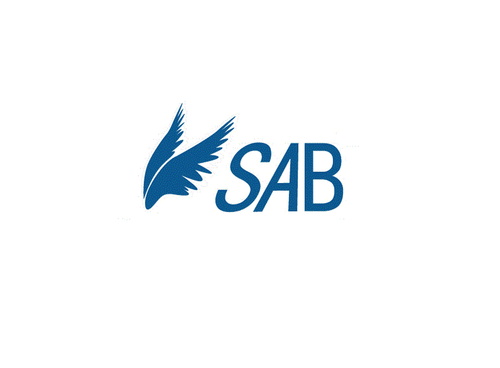Product Description
IRGM Antibody | 4543 | ProSci
Host: Rabbit
Reactivity: Human, Mouse, Rat
Homology: N/A
Immunogen: IRGM antibody was raised against a 17 amino acid synthetic peptide near the amino terminus of the human IRGM.
The immunogen is located within amino acids 30 - 80 of IRGM.
Research Area: Autophagy
Tested Application: E, WB, IHC-P, IF
Application: IRGM antibody can be used for detection of IRGM by Western blot at 1 - 2 μg/mL. Antibody can also be used for immunohistochemistry starting at 5 μg/mL. For immunofluorescence start at 20 μg/mL.
Antibody validated: Western Blot in human samples; Immunohistochemistry in human samples and Immunofluorescence in human samples. All other applications and species not yet tested.
Specificiy: N/A
Positive Control 1: Cat. No. 1220 – SK-N-SH Cell Lysate
Positive Control 2: N/A
Positive Control 3: N/A
Positive Control 4: N/A
Positive Control 5: N/A
Positive Control 6: N/A
Molecular Weight: Predicted: 20 kDa
Observed: 20 kDa
Validation: N/A
Isoform: N/A
Purification: IRGM Antibody is affinity chromatography purified via peptide column.
Clonality: Polyclonal
Clone: N/A
Isotype: IgG
Conjugate: Unconjugated
Physical State: Liquid
Buffer: IRGM Antibody is supplied in PBS containing 0.02% sodium azide.
Concentration: 1 mg/mL
Storage Condition: IRGM antibody can be stored at 4˚C for three months and -20˚C, stable for up to one year. As with all antibodies care should be taken to avoid repeated freeze thaw cycles. Antibodies should not be exposed to prolonged high temperatures.
Alternate Name: IRGM Antibody: IFI1, IRGM1, LRG47, LRG-47, IFI1, Immunity-related GTPase family M protein, Immunity-related GTPase family M protein 1
User Note: Optimal dilutions for each application to be determined by the researcher.
BACKGROUND: IRGM Antibody: Autophagy, the process of bulk degradation of cellular proteins through an autophagosomic-lysosomal pathway is important for normal growth control and may be defective in tumor cells. It is involved in the preservation of cellular nutrients under starvation conditions as well as the normal turnover of cytosolic components. Two of the strongest hits implicate genes IRGM and ATG16L1, which encode proteins thought to be critical to the autophagy pathway and being significantly associated with Crohn's disease. IRGM induces autophagy and generates large autolysosomal organelles as a mechanism for the elimination of intracellular Mycobacterium tuberculosis. In mouse, IRGM belongs to a family of gamma-interferon-induced GTP-binding proteins of approximately 48 kDa that also includes IRGM2 and IRGM3; this antibody may also recognize these proteins.
 Euro
Euro
 USD
USD
 British Pound
British Pound
 NULL
NULL












